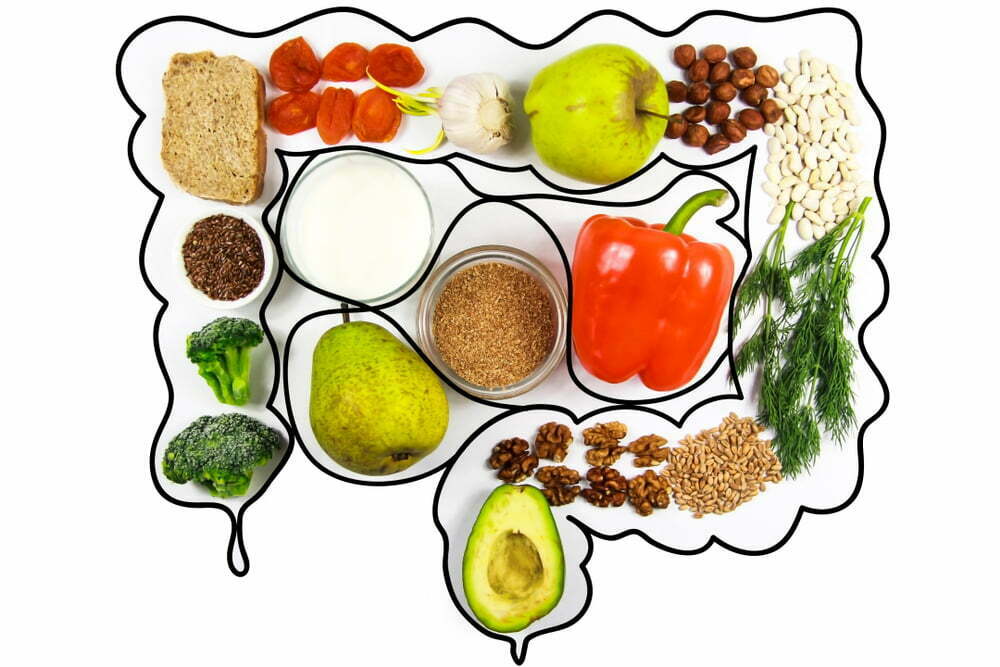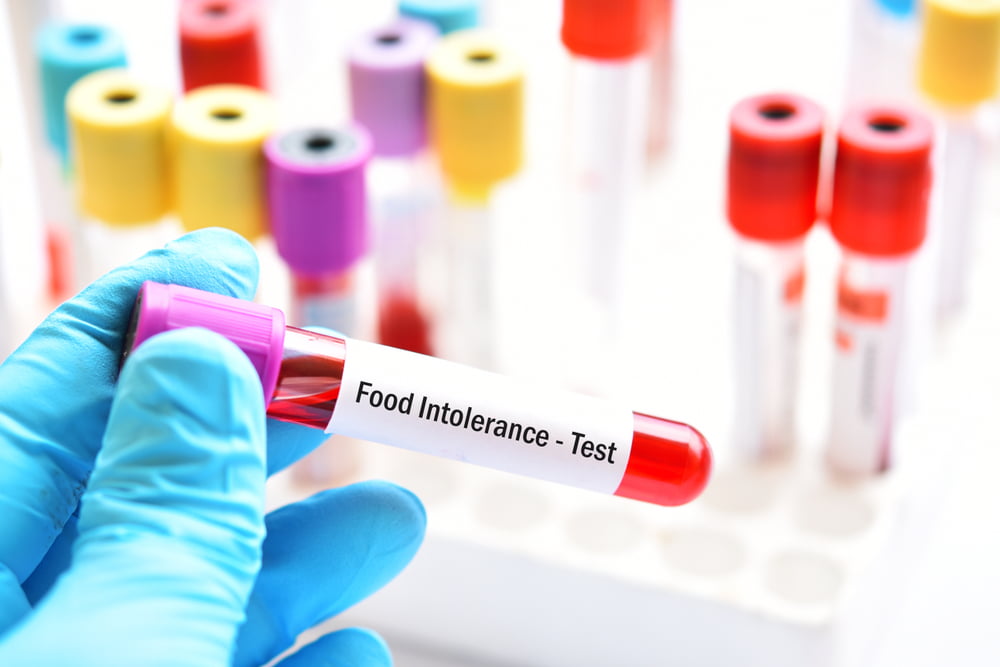You may not realize it, but the health of your gut can affect several parts of your body, from mental health to the immune system. If you’ve been struggling with gastrointestinal issues and suspect your gut health isn’t up to par, you may be searching for a solution. That’s where we can help! Keep reading to learn about 8 things you can do to improve gut health.
1. Recognize Signs of an Unhealthy Gut
 The first thing you should do if you suspect you have poor gut health is to know what unhealthy signs are. Some of the most common ones include upset stomach, constipation, heartburn, unintentional weight changes, sleep disturbance, skin irritation, bloating, etc. Once you recognize these signs, you can start making the changes to improve gut health! For example, we offer specialty GI testing that uncovers the root cause of your gut issues so we can treat the source of your symptoms instead of the symptoms themselves.
The first thing you should do if you suspect you have poor gut health is to know what unhealthy signs are. Some of the most common ones include upset stomach, constipation, heartburn, unintentional weight changes, sleep disturbance, skin irritation, bloating, etc. Once you recognize these signs, you can start making the changes to improve gut health! For example, we offer specialty GI testing that uncovers the root cause of your gut issues so we can treat the source of your symptoms instead of the symptoms themselves.
2. Eat a Diverse Range of Foods
One of the easiest ways to start getting healthier when it comes to gastrointestinal health is to eat a huge range of foods. In your body, there are hundreds of bacteria species, and each one does something different for your body. You want to have a diverse microbiome in your gut, and the best way to achieve that is to eat a diverse diet.
3. Eat More Vegetables and Fruits
 The best sources for a healthy microbiome are fruits and vegetables. We’ve all heard that we need to eat more of these food groups, but it truly makes a difference to improve gut health. Fruits and vegetables are high in fiber, and certain bacterias in your gut digest fiber, making them grow. And, a diet rich in fruits and vegetables can reduce the growth of disease-causing bacteria.
The best sources for a healthy microbiome are fruits and vegetables. We’ve all heard that we need to eat more of these food groups, but it truly makes a difference to improve gut health. Fruits and vegetables are high in fiber, and certain bacterias in your gut digest fiber, making them grow. And, a diet rich in fruits and vegetables can reduce the growth of disease-causing bacteria.
4. Include Fermented Foods
You’ve probably heard that fermented food can help with gut health, and it’s true! Many of these foods are rich in lactobacilli, a type of bacteria that feeds the good bacteria in your GI system. These are the top foods that are fermented:
- Yogurt
- Kimchi
- Sauerkraut
- Kefir
- Kombucha
- Tempeh
5. Increase Prebiotics and Probiotics
 You’ve also probably heard that you should increase prebiotics and probiotics if you want to improve gut health. Prebiotics promote growth of good bacteria, and probiotics can help change the composition of your gut microbiome for the better. Most fruits, vegetables, and whole grains contain prebiotics, while the fermented foods we talked about contain probiotics.
You’ve also probably heard that you should increase prebiotics and probiotics if you want to improve gut health. Prebiotics promote growth of good bacteria, and probiotics can help change the composition of your gut microbiome for the better. Most fruits, vegetables, and whole grains contain prebiotics, while the fermented foods we talked about contain probiotics.
6. Reduce Processed Foods
While you should increase your intake of fruits, vegetables, and whole grains, you should also decrease consumption of processed foods to help your gut be healthier. These processed foods are high in sugar and can contribute to decreasing the amount of good bacteria in your system.
7. Get More Sleep
 You should strive to get more sleep to help improve gut health. Studies have shown that poor sleep quality and lack of sleep affect your gut. Adults should strive to get 7 to 8 hours of uninterrupted sleep at night.
You should strive to get more sleep to help improve gut health. Studies have shown that poor sleep quality and lack of sleep affect your gut. Adults should strive to get 7 to 8 hours of uninterrupted sleep at night.
8. Lower Stress Levels
A high cortisol level is hard on your body overall, but it also directly affects your gut. There has been some research done that shows mental health and gut health are connected. So if you have a lot of stress in your life, you should do what you can to reduce it. Some ways you can lower stress include:
- Regular exercise
- Going for a walk
- Meditation
- Spending time with loved ones
- Limiting alcohol
- Practicing yoga
- Spending time with a pet
With this knowledge, you can improve gut health and your overall health. If you are feeling overwhelmed with making all of these changes, you should consider our health coaching services so you don’t have to do it alone. Contact us today to discuss how we can help you towards optimum health!














